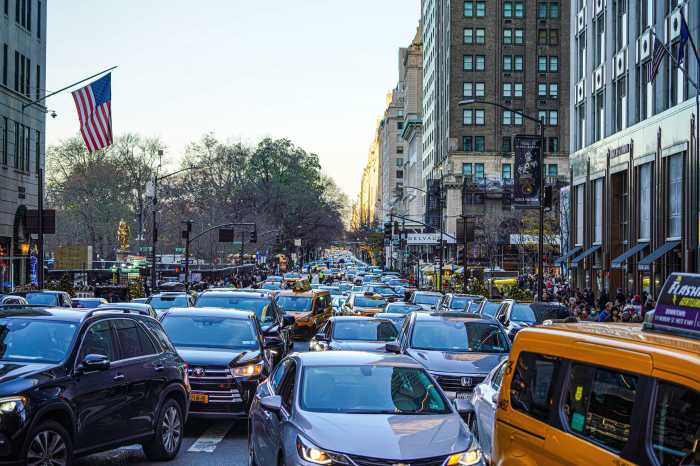Mayor Michael Bloomberg signed legislation on Tuesday, February 22, that prohibits smoking in parks, beaches, pedestrian plazas and boardwalks.
The ban, which goes into effect May 23, is expected to be enforced by the public themselves, according to the Department of Health and Mental Hygiene (DOHMH). Violators will be subject to a $50 fine.
The department advised that if a smoker violates the law and disregards requests to stop, one should notify a Parks Department employee or Park Enforcement officer or call 3-1-1.
“Creating smoke-free parks and beaches makes sense for many reasons. First and foremost, it will reduce the number of people exposed to second-hand smoke,” said Bloomberg in a statement. “There are many harmful effects of second-hand smoke. Second-hand smoke can increase upper respiratory infections, cause ear infections, and worsen asthma.”
The specific areas affected by the prohibition are all city parks except for medians, beaches, boardwalks, public golf courses, sports stadium grounds and pedestrian plazas maintained by the Department of Transportation like Times Square and Herald Square. A full list of included plazas can be found at www.nyc.gov/html/doh.
“By supporting this legislation, we welcome the chance to improve the beauty and health benefits of the city’s public outdoor spaces,” said Parks Commissioner Adrian Benepe in a statement. “Tens of millions of visitors — New Yorkers and visitors alike — enjoy our public parks year round, and we hope this new legislation ensures an even healthier and cleaner experience at our parks and beaches.”
Linda Caolo, 50, is aware of the ill health effects, but thinks there are more pressing hazards to worry about including exhaust from motor vehicles and smoke generated from burning oil in older apartment buildings.
“Now they’re telling us that we can’t breathe the air around us,” said Caolo.
Smoking will be allowed on sidewalks outside parks and around their perimeter. It will also continue to be allowed in stadium and Parks Department parking lots.
The DOHMH added that New Yorkers are exposed to greater levels of second-hand smoke than other Americans. Among non-smoking New Yorkers, 57 percent have elevated levels of cotinine in their blood – the rest of the nation averages at 45 percent. Cotinine is a by-product of second-hand smoke.
Cotinine itself has not been found to be harmful, but it does indicate increased exposure to second-hand smoke that can be damaging, according to the DOHMH.
Pasquale Malinconico, from Howard Beach, thought the ban was a good idea, but admitted it wouldn’t stop him from smoking.
“You shouldn’t be allowed to smoke in front of kids,” said Malinconico, 23.






























